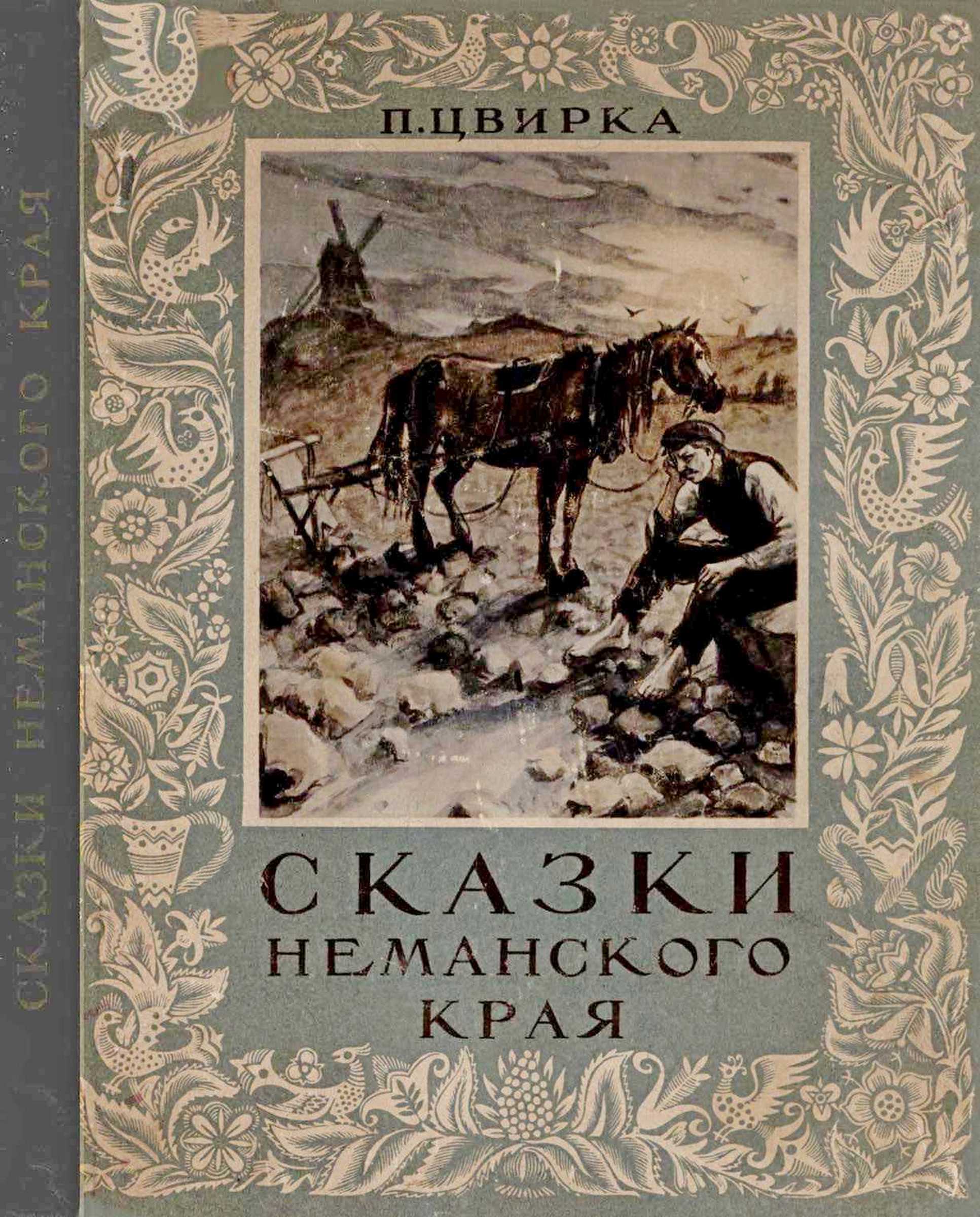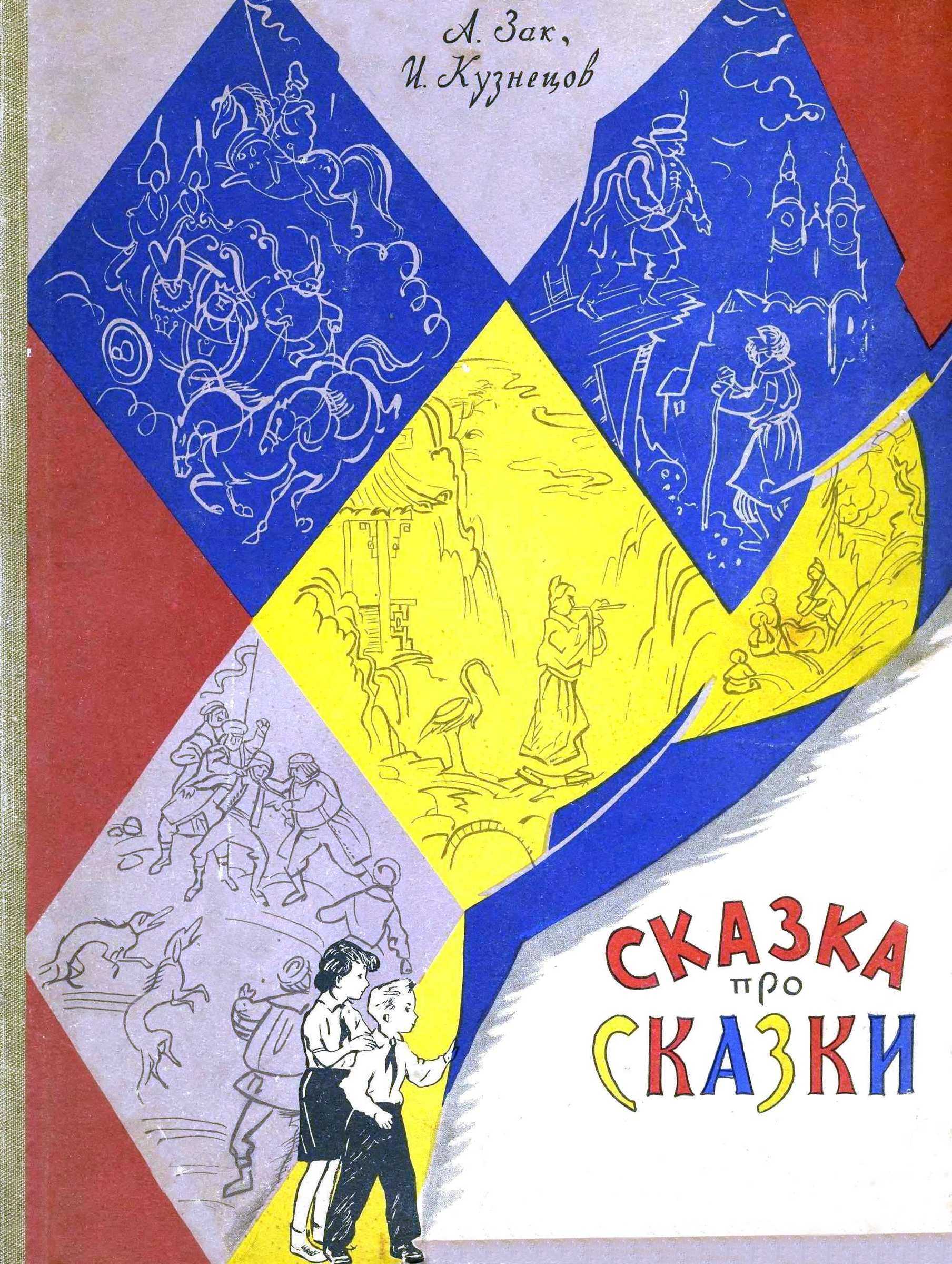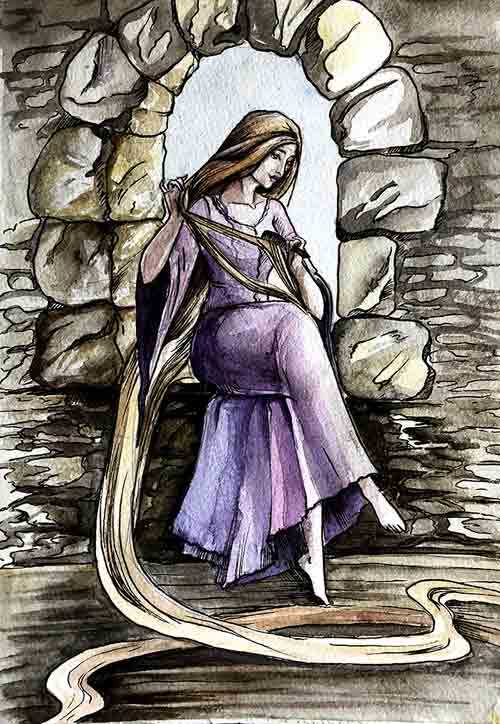time: Taylor, Destruction and Reconstruction, 88.
370 Just before six o’clock: Freeman, Robert E. Lee, Vol. 2, 153.
370 The sound of firing: Ibid.
371 “Sweep the field with the bayonet!”: Dabney, Life and Campaigns of Lieut. General Thomas J. Jackson, 163; Robertson, Stonewall Jackson, 481 and 875 n62.
371 “the incessant roar of musketry”: Page, Letters of a War Correspondent, 5.
372 “The men were within twenty yards”: Freeman, Robert E. Lee, Vol. 2, 155.
372 Lee’s aide Major Taylor: Taylor, General Lee: His Campaigns in Virginia, 69.
372 “A motley mob”: Page, Letters of a War Correspondent, 7.
372 “Scores of riderless”: Ibid.
373 “I have lost this battle”: George Francis Robert, Henderson, Stonewall Jackson and the American Civil War (New York: Longmans, Green, 1900), Vol. 2, 239; Sears, George B. McClellan, 213–14.
374 With commendable restraint Lincoln: Walter H. Taylor, Four Years with General Lee (New York: Appleton, 1878), 47.
374 “Jackson’s whole force”: “General Estimates of the Rebel Forces in Virginia,” ibid., 71.
374 “A train was heard approaching”: Taylor, Destruction and Reconstruction, 89.
376 Magruder was anxious: Freeman, Robert E. Lee, Vol. 2, 165.
377 The rough-and-ready reconstruction: Robertson, Stonewall Jackson, 489.
378 The result was a bloody draw: Wikipedia, “Battle of Savage’s Station.”
379 “I regret much that”: Gary W. Gallagher, Lee and His Generals in War and Memory (Baton Rouge: Louisiana State University Press, 1998), 129; Robertson, Stonewall Jackson, 490.
380 “A heavy rain came down”: Taylor, Destruction and Reconstruction, 89.
380 As for McClellan himself: Sears, George B. McClellan, 218–19, 217.
381 Jackson reached Magruder’s headquarters: Robertson, Stonewall Jackson, 491.
381 “to pursue the enemy on the road”: Freeman, Robert E. Lee, Vol. 2, 180.
382 Major Dabney describes the ground: Dabney, Life and Campaigns of Stonewall Jackson, 465–66.
382 He adds that “the remainder of the afternoon”: Ibid., 466–67.
382 Indeed, Jackson was so exhausted: Ibid., 467.
383 Even Dabney, who was there: Ibid., 466.
383 “a little clearing of broom straw”: Freeman, Robert E. Lee, Vol. 2, 181.
384 Lee’s plan, which had called for: Wikipedia, “Battle of Glendale,” 2.
385 Jackson, who had at last retired: Dabney, Life and Campaigns of Stonewall Jackson, 473.
385 “No, I think he will clear out”: Ibid.
385 In short, the whole army of McClellan: Ibid., 469.
386 “a natural fortress”: Freeman, Robert E. Lee, Vol. 2, 204.
386 “His temper”: Ibid., 200.
387 Longstreet was bluffly optimistic: Ibid.
387 “If General McClellan is there”: James Longstreet, From Manassas to Appomattox: Memoirs of the Civil War in America (Bloomington: Indiana University Press, 1960), 143.
387 “Don’t get scared”: General D. H. Hill, “McClellan’s Change of Base,” Century Magazine, Vol. 30, 1885, 450.
387 When Brigadier General Jubal A. Early: John Goode, Recollections of a Lifetime (New York: Neale, 1906), 58.
389 On the right, pioneers: Freeman, Robert E. Lee, Vol. 2, 206.
390 “Batteries have been established”: Thomas, Robert E. Lee, 242.
391 “When the hunt was up”: Longstreet, From Manassas to Appomattox, xxii.
392 Lee feared that: Ibid., 116.
392 “It was not war”: William C. Davis, The Battlefields of the Civil War (Norman: University of Oklahoma Press, 1996), 69.
392 “grandly heroic”: Freeman, Robert E. Lee, Vol. 2, 218.
392 A Union soldier wrote home: Sears, George B. McClellan, 222.
392 Malvern Hill was remembered: Freeman, Robert E. Lee, Vol. 2, 218.
393 “The result of the battle”: Longstreet, From Manassas to Appomattox, 116.
393 “The strategy displayed”: Taylor, Destruction and Reconstruction, 92–93.
394 That night, when Lee rode: Freeman, Robert E. Lee, Vol. 2, 218.
394 “In obedience to your orders”: Ibid.
394 In just one week: Ibid., 230.
394 The New York Times noted: New York Times, June 3, 1862.
CHAPTER 8 Triumph and Tragedy—Second Manassas and Sharpsburg
398 A further Federal “column”: Douglas Southall Freeman, Robert E. Lee: A Biography (New York: Scribner, 1934), Vol. 2, 258.
399 “from the West, where we have always seen”: David Herbert Donald, Lincoln (New York: Simon and Schuster, 1995), 361.
400 Lincoln, who had appointed him: Ibid., 369.
400 Perhaps under the circumstances: Colonel Vincent J. Esposito, The West Point Atlas of American Wars, 1689–1900 (New York: Praeger, 1959), text accompanying map 55.
401 To his east McClellan’s army: Walter H. Taylor, Four Years with General Lee (New York: Appleton, 1878), 63.
401 Lee was thus caught: Ibid., 59.
402 He gave himself ten days: Esposito, The West Point Atlas of American Wars, text accompanying map 56.
402 Hill “was high spirited”: James Robertson, Stonewall Jackson: The Man, the Soldier, the Legend (New York: Macmillan, 1997), 518.
403 “A. P. Hill you will find”: War of the Rebellion: Official Records of the Union and Confederate Armies (Wilmington, N.C.: National Historical Society, Broadfoot, 1971), 919.
403 “None of his Division commanders”: Robertson, Stonewall Jackson, 519.
404 “We cannot afford to be idle”: Jeffrey D. Wert, Cavalryman of the Lost Cause: A Biography of J. E. B. Stuart (New York: Simon and Schuster, 2008), 139.
405 At the same time Lee simplified: Taylor, Four Years with General Lee, 91.
406 “It required great confidence”: Ibid., 86.
406 “if practicable to Gordonsville”: Papers of the Military Historical Society of Massachusetts (Boston: Military Historical Society of Massachusetts, 1990), 402.
406 Typically, Lee urged Stuart: War of the Rebellion, Official Records of the Union and Confederate Armies, Series I, Vol. XII, Part III (Washington, D.C.: U.S. Government Printing Office, 1885), 916.
407 “headquarters in the grove”: Robertson, Stonewall Jackson, 519.
408 urged him to “turn the enemy’s position”: Gamaliel Bradford, Lee the American (Boston: Houghton Mifflin, 1929), 95.
408 He had already been warned: Freeman, Robert E. Lee, Vol. 2, 269.
409 Bit by bit, he began the process: Ibid., 271.
409 This time Jackson once again had: Robertson, Stonewall Jackson, 525.
410 “nightfall found the Confederate army”: Ibid.
411 On August 9 Jackson had his army: Ibid., 526.
411 At this moment Jackson: Ibid., 527.
411 By early afternoon the artillery duel: Ibid., 531, 528.
























